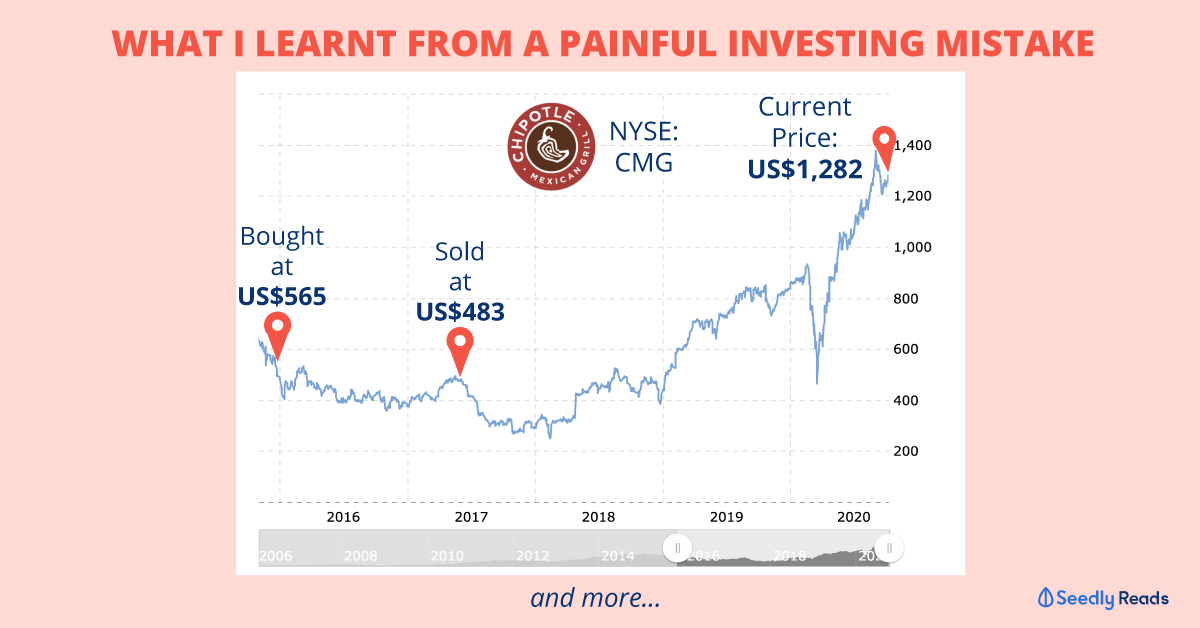1) Since there's fresh funds injected into the plan every year, you can compute the XIRR, to determine the annualised return.
It is the rate at which your investments compound year after year.
You can read up on how to calculate XIRR here:
http://singularitytruth.blogspot.com/2019/02/wh...
According to the Greatlink Global Real Estate Securities Fund factsheet, there are dividends paid out from 2006-2019.
I'm assuming you've been investing it for a while.
If you still have the statements on how much dividends you get, you can include these dividend amounts + yearly premium when computing the XIRR, so that you'll know the real annualised return on this.
Usually for this type of fund to do well, you need to hold at least 10 years because the high costs eat away at the returns. In your case, according to Bloomberg, there's a front load fee of 5% (sales commission) and expense ratio 1.66%.
In GE's AR 2019, Greatlink Global Real Estate Securities Fund indicates a 7.39% (2019 figure) for 10 years, or 4.11% since inception.
If you take 7.39% minus expense ratio (and 4.11% gain minus expense ratio), your gain would be reduced to 5.73% (10 years) and 2.45% (since inception) respectively.
If it's your 4.5%, your gain will be reduced to 2.84%.
Based on my understanding (someone correct me if I'm wrong), the expense ratio is not the total expense ratio. But since that's the only figure I can find, we'll just take that.
Because I had an AIA ILP, which invested in one of the funds called Emerging Market Balanced Fund (10 years - 3.12%, Since 2006 Inception - 2.65%).
It's TER (Total Expense Ratio) mentioned in their memo in 2011 is 1.75%. However, AIA AR 2019 states expense ratio as 1.55% (2019 figure).
And as per the insurer's note:
"Expense ratio does not include (where applicable) charges for insurance coverage, brokerage and other transaction costs, performance fee, foreign exchange gains/losses, front or back end loads arising from the purchase or sale of collective investment schemes and tax deducted at source or arising out of income received."
So I'd think the actual expense ratio (which we should consider is TER) is actually much higher than the one stated in their AR or on Bloomberg.
2) You may also want to seek a client adviser to review this and other finances.
MoneyOwl previously offered a free comprehensive financial planning service, but I think it's no longer free now.
https://investmentmoats.com/wealth-building-2/r...
https://www.moneyowl.com.sg/comprehensive/
I'm not from MoneyOwl and I don't use their service. I just like their business model of "Non commission-based Advisers", which would be more objective and probably be more aligned with their clients' interests than conventional advisors from insurance companies.
Hope the above gives more clarity.
I'm also learning more about the various investment vehicles as I go along. If something's not right, please feel free to point out. Thanks!









1) Since there's fresh funds injected into the plan every year, you can compute the XIRR, to determine the annualised return.
It is the rate at which your investments compound year after year.
You can read up on how to calculate XIRR here:
http://singularitytruth.blogspot.com/2019/02/wh...
According to the Greatlink Global Real Estate Securities Fund factsheet, there are dividends paid out from 2006-2019.
I'm assuming you've been investing it for a while.
If you still have the statements on how much dividends you get, you can include these dividend amounts + yearly premium when computing the XIRR, so that you'll know the real annualised return on this.
Usually for this type of fund to do well, you need to hold at least 10 years because the high costs eat away at the returns. In your case, according to Bloomberg, there's a front load fee of 5% (sales commission) and expense ratio 1.66%.
In GE's AR 2019, Greatlink Global Real Estate Securities Fund indicates a 7.39% (2019 figure) for 10 years, or 4.11% since inception.
If you take 7.39% minus expense ratio (and 4.11% gain minus expense ratio), your gain would be reduced to 5.73% (10 years) and 2.45% (since inception) respectively.
If it's your 4.5%, your gain will be reduced to 2.84%.
Based on my understanding (someone correct me if I'm wrong), the expense ratio is not the total expense ratio. But since that's the only figure I can find, we'll just take that.
Because I had an AIA ILP, which invested in one of the funds called Emerging Market Balanced Fund (10 years - 3.12%, Since 2006 Inception - 2.65%).
It's TER (Total Expense Ratio) mentioned in their memo in 2011 is 1.75%. However, AIA AR 2019 states expense ratio as 1.55% (2019 figure).
And as per the insurer's note:
"Expense ratio does not include (where applicable) charges for insurance coverage, brokerage and other transaction costs, performance fee, foreign exchange gains/losses, front or back end loads arising from the purchase or sale of collective investment schemes and tax deducted at source or arising out of income received."
So I'd think the actual expense ratio (which we should consider is TER) is actually much higher than the one stated in their AR or on Bloomberg.
2) You may also want to seek a client adviser to review this and other finances.
MoneyOwl previously offered a free comprehensive financial planning service, but I think it's no longer free now.
https://investmentmoats.com/wealth-building-2/r...
https://www.moneyowl.com.sg/comprehensive/
I'm not from MoneyOwl and I don't use their service. I just like their business model of "Non commission-based Advisers", which would be more objective and probably be more aligned with their clients' interests than conventional advisors from insurance companies.
Hope the above gives more clarity.
I'm also learning more about the various investment vehicles as I go along. If something's not right, please feel free to point out. Thanks!